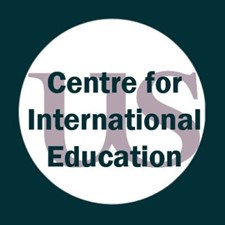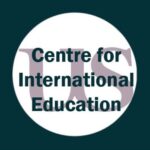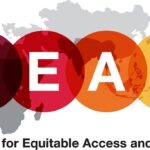
Monday 28 March 12:30 until 13:45 BST
Online : Zoom: https://universityofsussex.zoom.us/j/97335918649 or Fulton Room 103
Speaker: Professor Rosemary Wildsmith-Cromarty, Professor of Applied Linguistics, North-West University, SA
Part of the series: CIE Research Cafés Spring Term 2022
Professor Rosemary Wildsmith-Cromarty reports on an accredited short course on multilingual pedagogies for 30 university lecturers teaching first year students across eight faculties at a South African institution. The aim of the course is to support lecturers in helping students gain access to their disciplines using translanguaging strategies.
Translanguaging refers to the fluid and flexible language practices that mark the heteroglossic nature of students’ linguistic repertoires (Garcia & Wei 2014; Gorter & Arocena 2020; Infante & Licona 2018; Makalela 2019). In recognition of this, the institution’s language policy has ‘functional multilingualism’ as a leading principle (NWU 2018). Staff teaching first year flagship modules from a range of disciplines formed the first cohort of participants for the short course. An interpretive research design was used to collect both qualitative and quantitative data in order to monitor the effect of this intervention. Staff have been encouraged to try out strategies in their online teaching with their students, examples of which are presented here. These, in turn, have been shared among course participants to motivate them. Research methods for data collection included a pre-course online questionnaire survey for course participants regarding their reasons for joining the course, their attitudes towards the use of multiple languages in their lectures and what they expected from the various workshops. The first workshop also included a language history questionnaire, a language portrait exercise and post-workshop reflections. Data was analysed thematically.
This presentation will discuss findings on staff perceptions of translanguaging in their teaching; their knowledge of and sensitivity towards their students’ linguistic repertoires, their own language backgrounds and the challenges they face in catering for linguistic diversity in their lectures.





